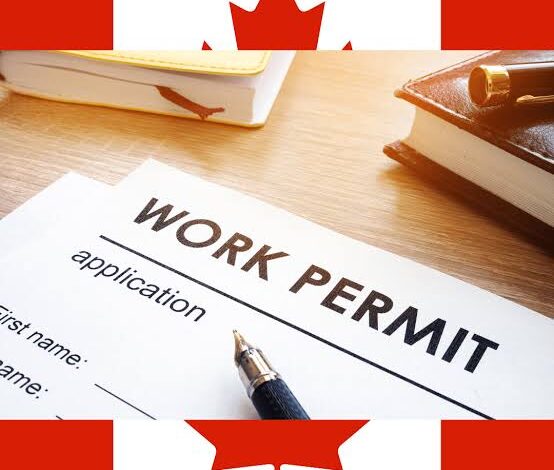Canada’s new Work permit rules put 67,000 foreign Workers at risk of disqualification – Crime Channels

Canada’s new Work permit rules put 67,000 foreign Workers at risk of disqualification
In November 2024, the Immigration, Refugees, and Citizenship Canada (IRCC) will implement new regulations that limit eligibility for post-graduation work permits (PGWPs) to students who have completed studies in specific fields.
These fields include agriculture and agri-food, healthcare, science, technology, engineering, and mathematics (STEM), skilled trades, and transportation.
The new rules will directly impact international graduates who studied outside of these designated areas.
The new regulations come in the wake of a report highlighting that a significant portion of international graduates may no longer qualify for a work permit. Of the 105,030 work permits issued in 2024, approximately 67,000 international graduates could be affected if they pursued studies outside the eligible fields.
The report, published by The Toronto Star, reveals that 64% of the work permits issued went to graduates from colleges, with 42% awarded to those who studied business, 37% to STEM graduates, and 16% to those in computing and IT. Only 1% of the permits went to graduates in skilled trades.
The updated policy will only affect students applying for a PGWP on or after the new regulations take effect. Those who have already been granted a study permit before November 2024 will still be eligible for work permits under the existing criteria. Additionally, graduates from university degree programs are exempt from the new restrictions and will continue to qualify for PGWPs for up to three years, without being restricted by field of study.
These changes underscore the growing importance for international students to choose fields of study that align with Canada’s evolving labour market needs. While the IRCC has not fully disclosed the criteria used to determine the list of eligible programs, it has indicated that these choices will be informed by Canada’s long-term labour shortages, similar to the criteria applied in Express Entry’s category-based selection system.
Despite the government’s rationale, the new policy has faced significant pushback from the education sector. Critics argue that the changes could limit opportunities for international students, particularly those in fields that are not currently prioritized in national labour assessments. Marketa Evans, President and CEO of Colleges Ontario, expressed concerns in an open letter to IRCC Minister Marc Miller on September 27, emphasizing the lack of provincial consultation and the use of national data to shape local needs. “We urge the federal government to work more closely with provinces to better align the policy with regional employment realities,” Evans wrote.
Similarly, Pari Johnston, President and CEO of Colleges and Institutes Canada, also criticized the move. “The alignment of programs with national needs overlooks the immediate demands of local labour markets and disregards the critical contributions of skilled international graduates,” Johnston stated, as reported by ICEF Monitor.
The controversy surrounding these new work permit requirements highlights the complex intersection of immigration policy, regional labour needs, and the experiences of international students in Canada.





